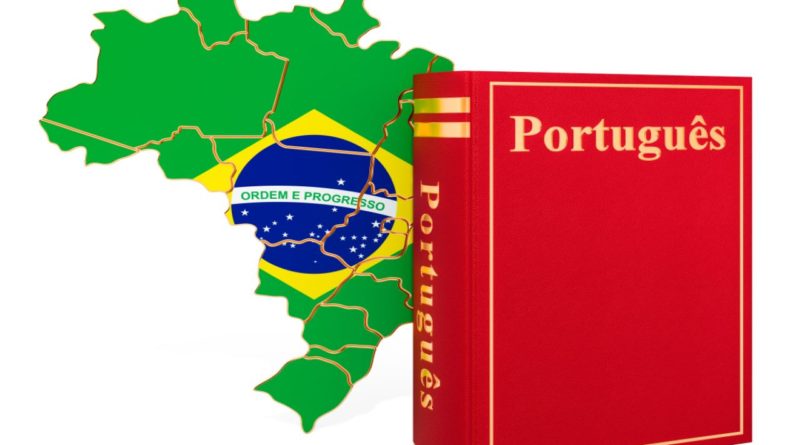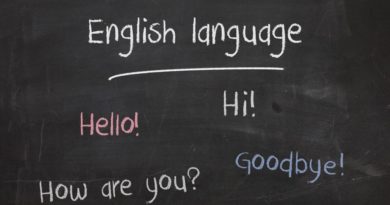Brazilian Portuguese Courses: Learn Brazilian Portuguese
Considering a Brazilian Portuguese Course?
If you would like to master a language, why not consider learning Brazilian Portuguese by doing a Brazilian Portuguese course? It is an excellent idea to learn a second language, especially if you are a travel enthusiast. Not to mention, learning a new skill is an excellent way to escape your mind, meet new people and make friends. Learning another language also has numerous benefits for personal and professional development. The good news is there are tons of Brazilian Portuguese courses available and they are offered for a variety of different levels. Language courses are often offered in part-time options making it easy to fit learning this new skill into your busy schedule.
Why Should You Learn Brazilian Portuguese?
Speaking Brazilian Portuguese will not only help you when traveling to Brazil but it could be an excellent door opener for future opportunities. Brazilian Portuguese is the sixth most spoken language across the globe. It is the official language of 10 countries besides being significantly present in other territories. It is estimated that more than 270 million people speak the language worldwide, 80% of which are in Brazil. Brazilian Portuguese is the most studied variant of the Portuguese language in the world today.
Throughout the history of Brazil, the Brazilian Portuguese fathered indigenous terms and grew much stronger with its own features. According to NASDAQ, Brazil is the 9th largest economy across the globe too. Due to this economic importance, many countries are now teaching Portuguese at schools and educational centres. Another common reason to learn Brazilian Portuguese is that it helps when you are planning to travel to the countries where the language is spoken.
The language is beautiful to listen to and what makes it better is when you actually understand it. You may want to learn Brazilian Portuguese prior to traveling to Brazel or at least to have a basic knowledge of the language. Brazil has numerous attractions, sights, wonderful natural beauty and many different cultures within the one country. Therefore, it is a real delight to explore and the experience only improves when you can communicate with those around you.
About Brazil
Brazil is a country of South America that occupies around half the continent’s landmass. It is the fifth largest country across the globe, exceeded in size only by China, Canada, the United States and Russia, though its area is greater than that of the 48 conterminous U.S. states. Brazil is facing the Atlantic Ocean along 4,600 miles of coastline and shares over 9,750 miles of inland borders with each South American country except Chile, Ecuador, Argentina, Bolivia, Peru and Colombia. Brazil stretches around 2,700 miles from north to south and from east to west to create a vast irregular triangle that encompasses a wide range of subtropical and tropical landscapes, including savannas, wetlands, low mountains and plateaus.
The Differences Between Brazilian Portuguese and Portuguese
Pronunciation is one of the primary differences between the languages. Brazilians speak vowels wider and longer, while Portuguese pronounce the words with a more closed mouth, pronouncing the vowels as much. The pronunciation of some consonants also differs, in particular the S at the end of a word. In Brazilian Portuguese, an S at the end of a word is pronounced as SS; in Portugal, it is pronounced as SH. Brazilian Portuguese is also considered to be more phonetically pleasing to the ear as a result of its open vowels, while Portuguese can sound somewhat garbled. Brazilian accents have a strong cadence and lift to them, making it a lot easier to understand and learn. In addition, some of the words are spelled differently and the grammar differs. Portuguese is the more formal of the two versions.
What Will I Learn?
Students will learn greetings in terms of how to introduce themselves, their friends and their families and talk about themselves, their job, tastes and hobbies. You will learn how to speak about travelling, how to book a hotel and check in, how to book a table when eating and drink out and how to ask for directions and understand them. Learners will explore how to speak the language in shops, how to complain and apologise, arrange a meeting and leave and take a message on the phone. They will also learn the alphabet, numbers, months of the year and days of the week.
If you’re serious about learning Brazilian Portuguese, check out courses near you in the Nightcourses.co.uk national course finder.




